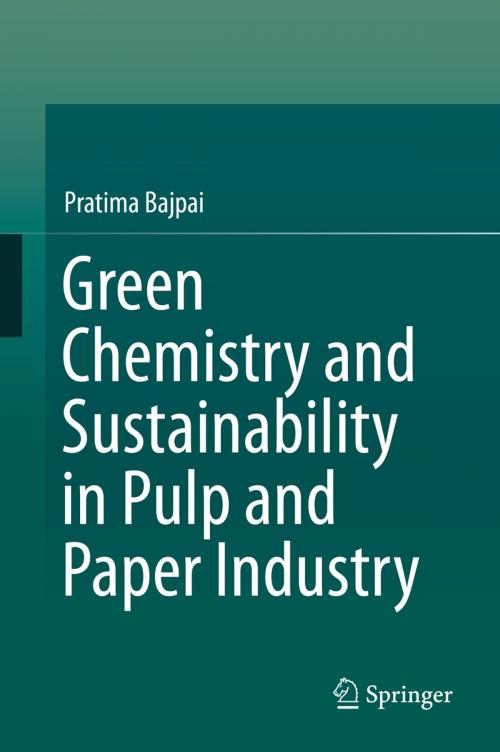Green Chemistry and Sustainability in Pulp and Paper Industry
Nonfiction, Science & Nature, Technology, Environmental, Science, Biological Sciences, Environmental Science, Nature| Author: | Pratima Bajpai | ISBN: | 9783319187440 |
| Publisher: | Springer International Publishing | Publication: | June 23, 2015 |
| Imprint: | Springer | Language: | English |
| Author: | Pratima Bajpai |
| ISBN: | 9783319187440 |
| Publisher: | Springer International Publishing |
| Publication: | June 23, 2015 |
| Imprint: | Springer |
| Language: | English |
This book features in-depth and thorough coverage of Minimum Impact Mill Technologies which can meet the environmental challenges of the pulp and paper industry and also discusses Mills and Fiberlines that encompass “State-of-the-Art” technology and management practices.
The minimum impact mill does not mean "zero effluent", nor is it exclusive to one bleaching concept. It is a much bigger concept which means that significant progress must be made in the following areas: Water Management, Internal Chemical Management, Energy Management, Control and Discharge of Non-Process Elements and Removal of Hazardous Pollutants. At the moment, there is no bleached kraft pulp mill operating with zero effluent.
With the rise in environmental awareness due to the lobbying by environmental organizations and with increased government regulation there is now a trend towards sustainability in the pulp and paper industry. Sustainable pulp and paper manufacturing requires a holistic view of the manufacturing process.
During the last decade, there have been revolutionary technical developments in pulping, bleaching and chemical recovery technology. These developments have made it possible to further reduce loads in effluents and airborne emissions. Thus, there has been a strong progress towards minimum impact mills in the pulp and paper industry. The minimum-impact mill is a holistic manufacturing concept that encompasses environmental management systems, compliance with environmental laws and regulations and manufacturing technologies.
This book features in-depth and thorough coverage of Minimum Impact Mill Technologies which can meet the environmental challenges of the pulp and paper industry and also discusses Mills and Fiberlines that encompass “State-of-the-Art” technology and management practices.
The minimum impact mill does not mean "zero effluent", nor is it exclusive to one bleaching concept. It is a much bigger concept which means that significant progress must be made in the following areas: Water Management, Internal Chemical Management, Energy Management, Control and Discharge of Non-Process Elements and Removal of Hazardous Pollutants. At the moment, there is no bleached kraft pulp mill operating with zero effluent.
With the rise in environmental awareness due to the lobbying by environmental organizations and with increased government regulation there is now a trend towards sustainability in the pulp and paper industry. Sustainable pulp and paper manufacturing requires a holistic view of the manufacturing process.
During the last decade, there have been revolutionary technical developments in pulping, bleaching and chemical recovery technology. These developments have made it possible to further reduce loads in effluents and airborne emissions. Thus, there has been a strong progress towards minimum impact mills in the pulp and paper industry. The minimum-impact mill is a holistic manufacturing concept that encompasses environmental management systems, compliance with environmental laws and regulations and manufacturing technologies.















